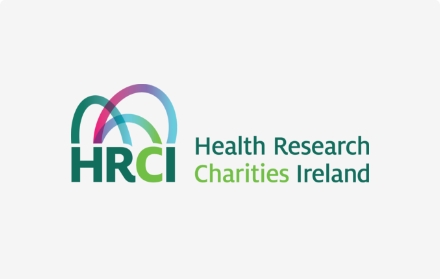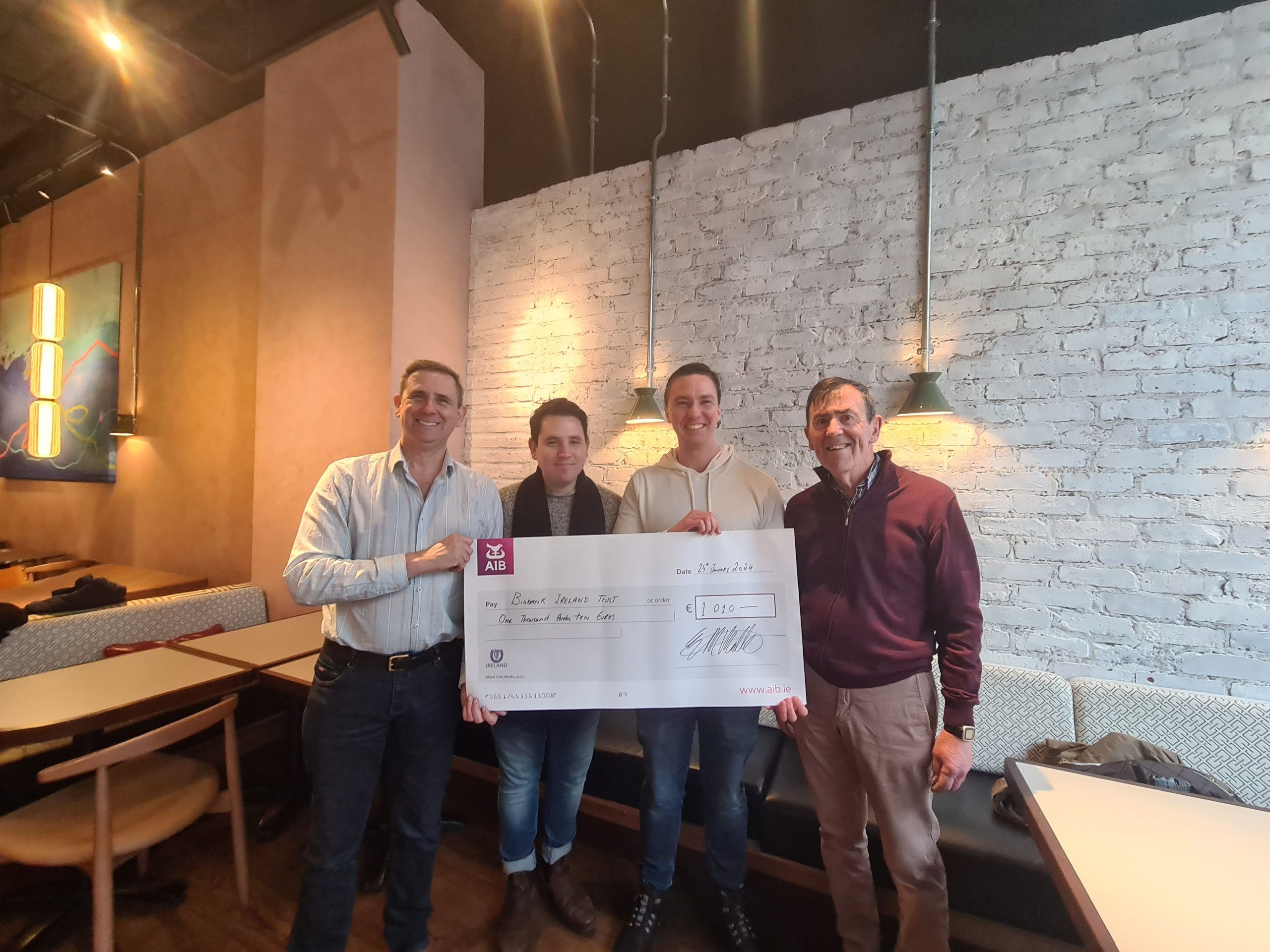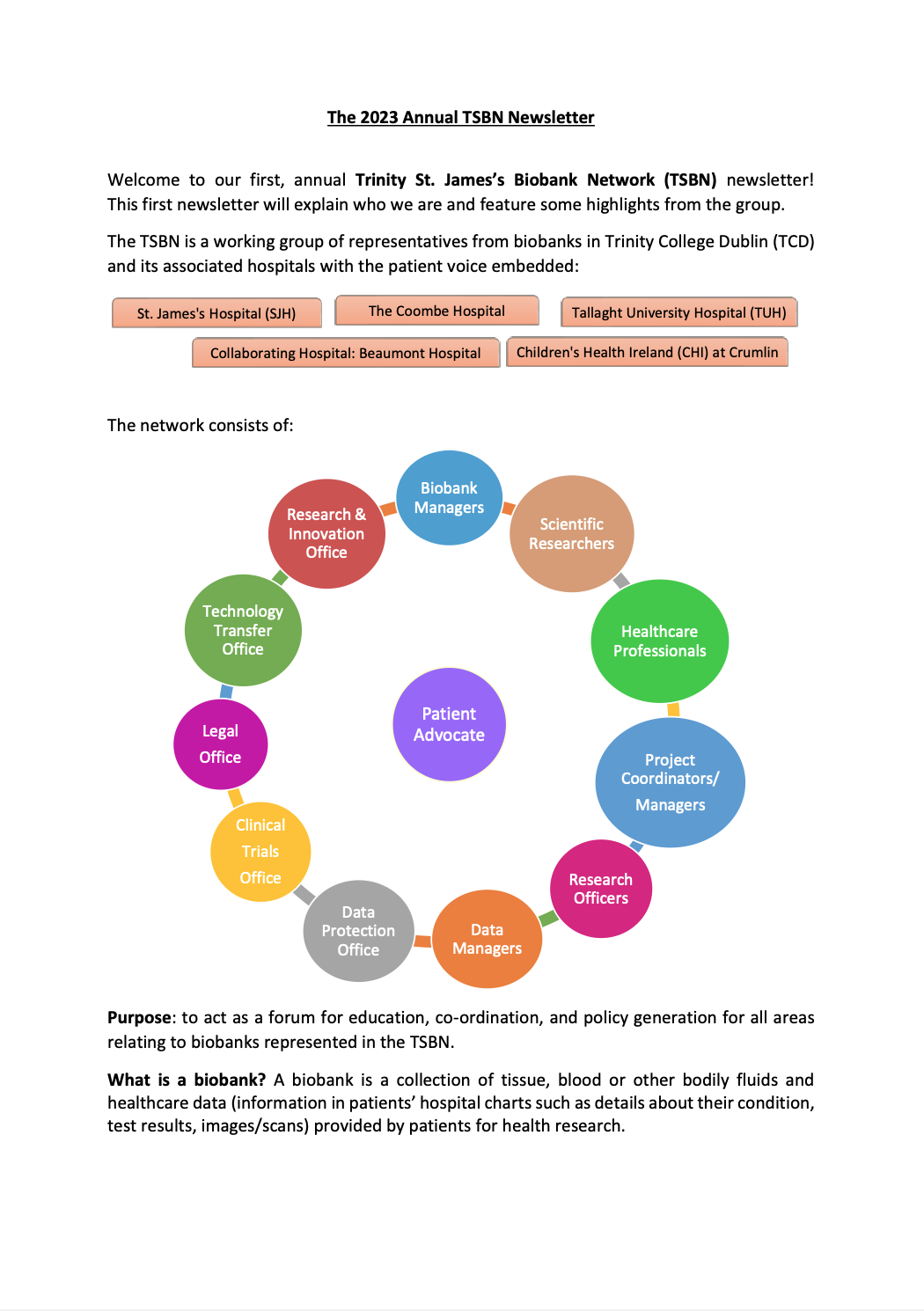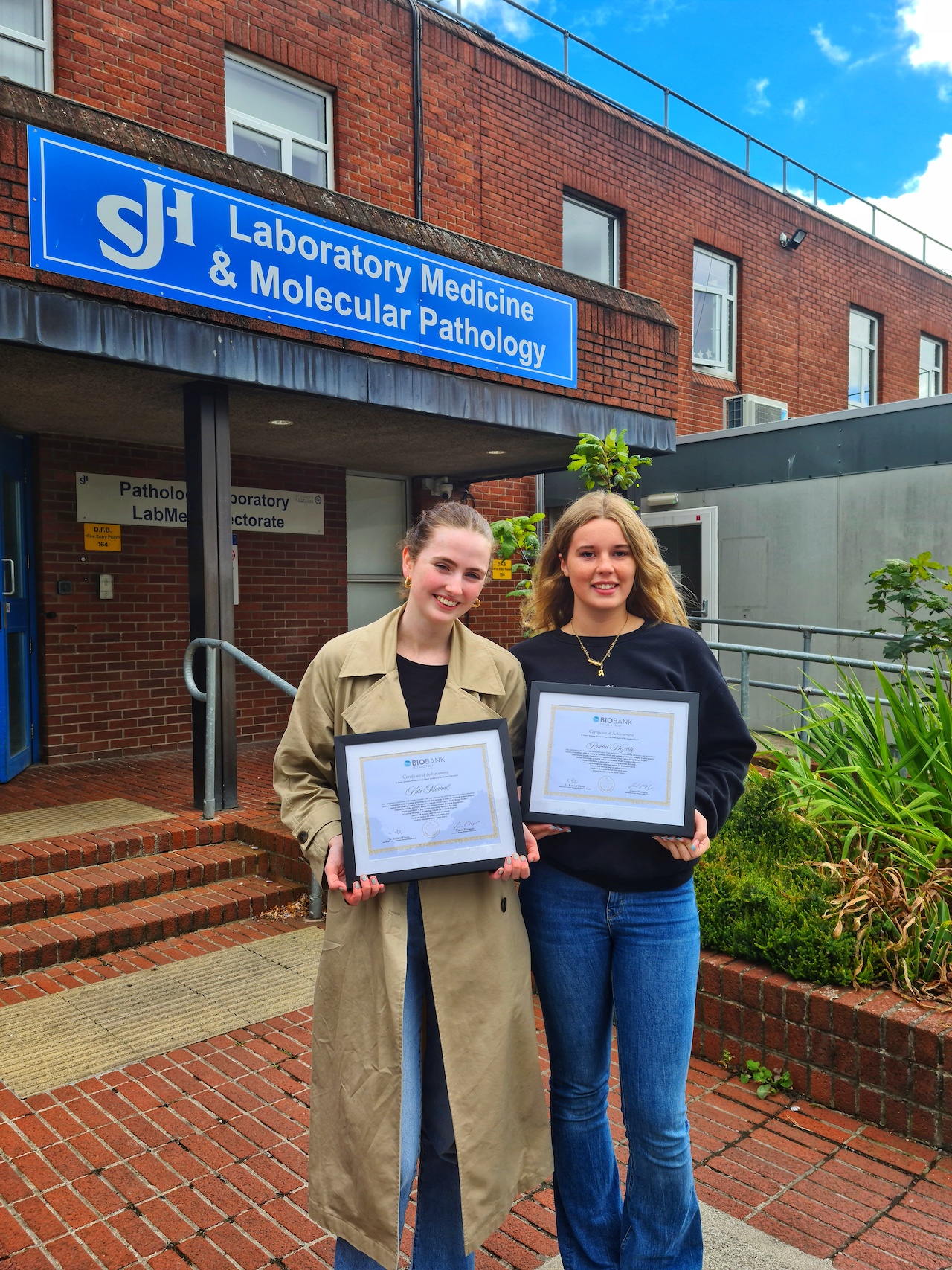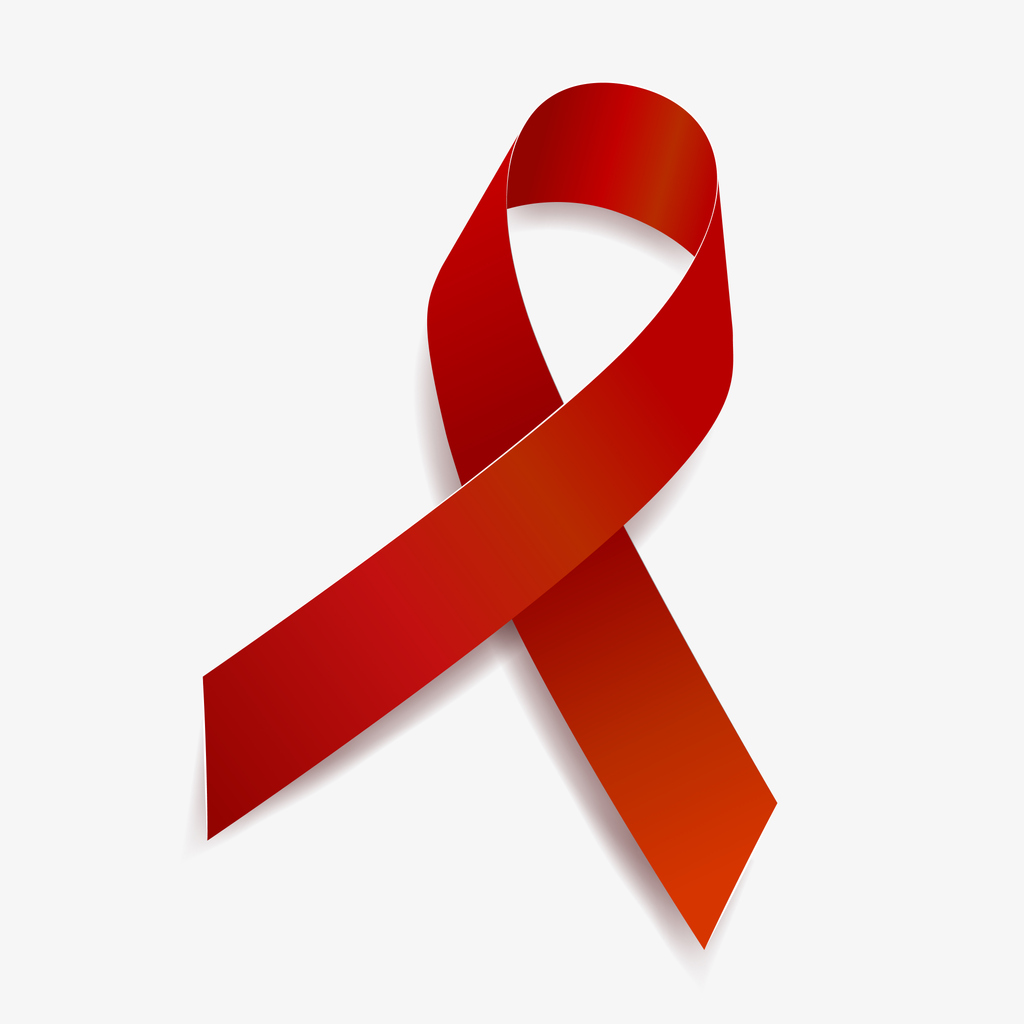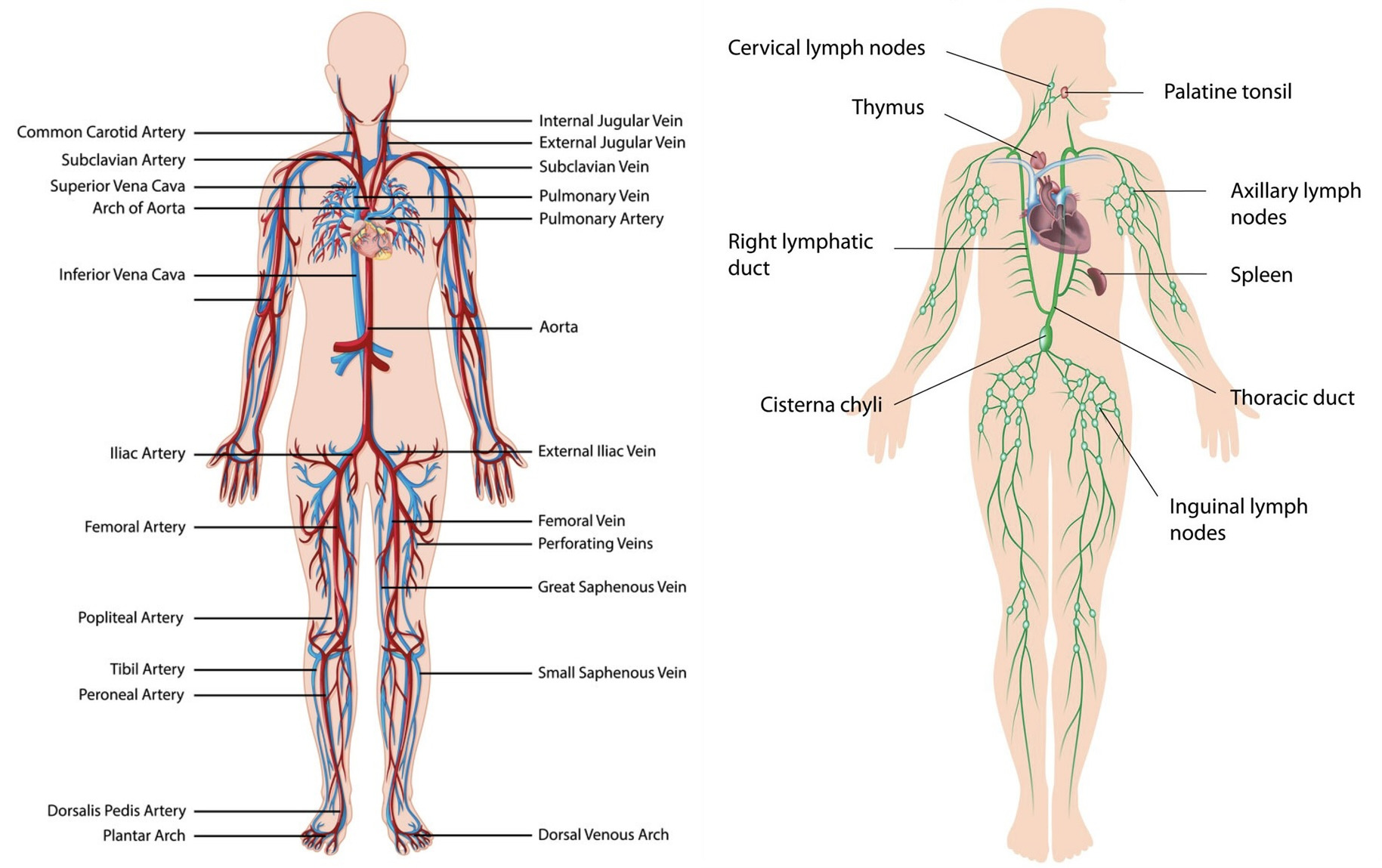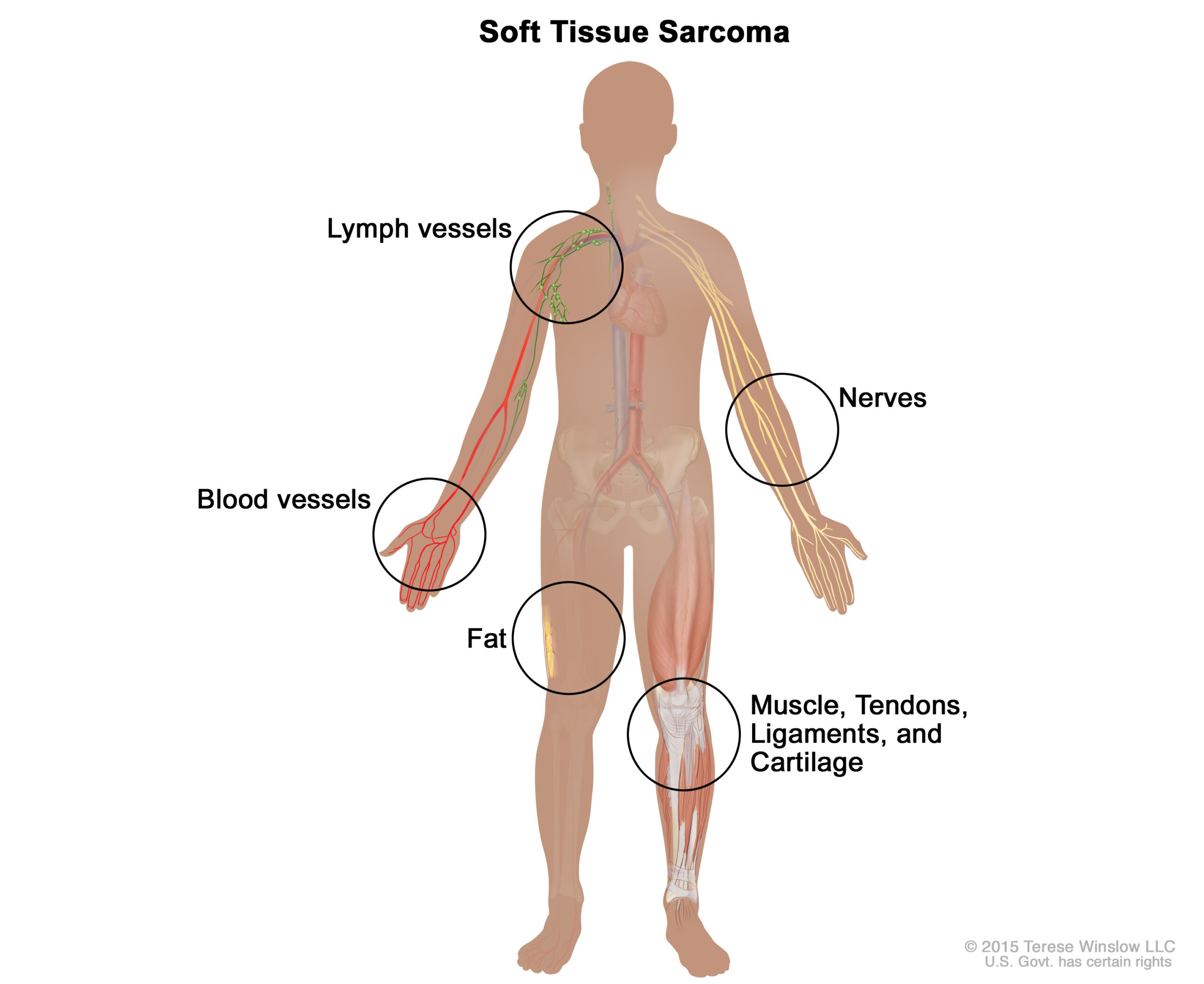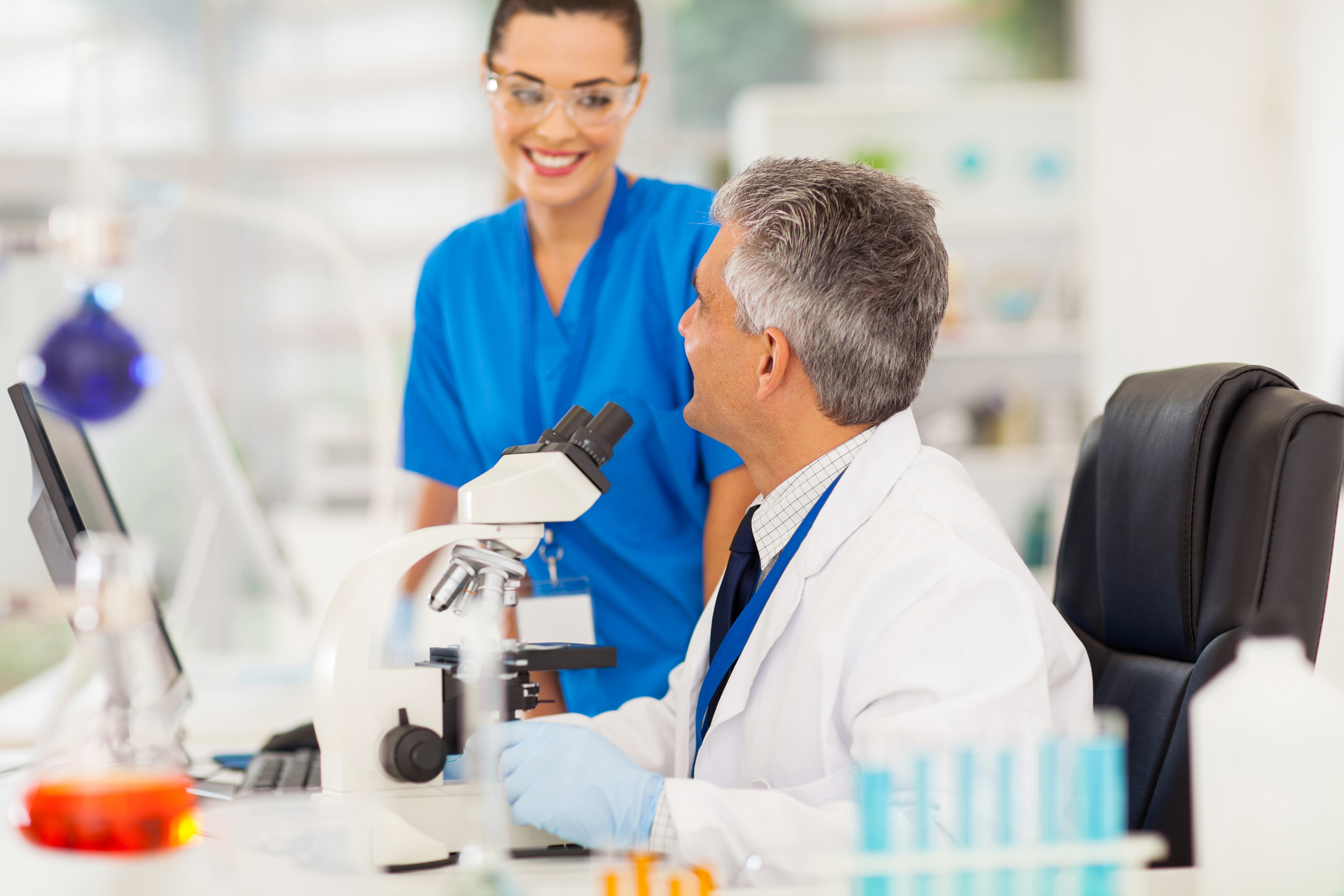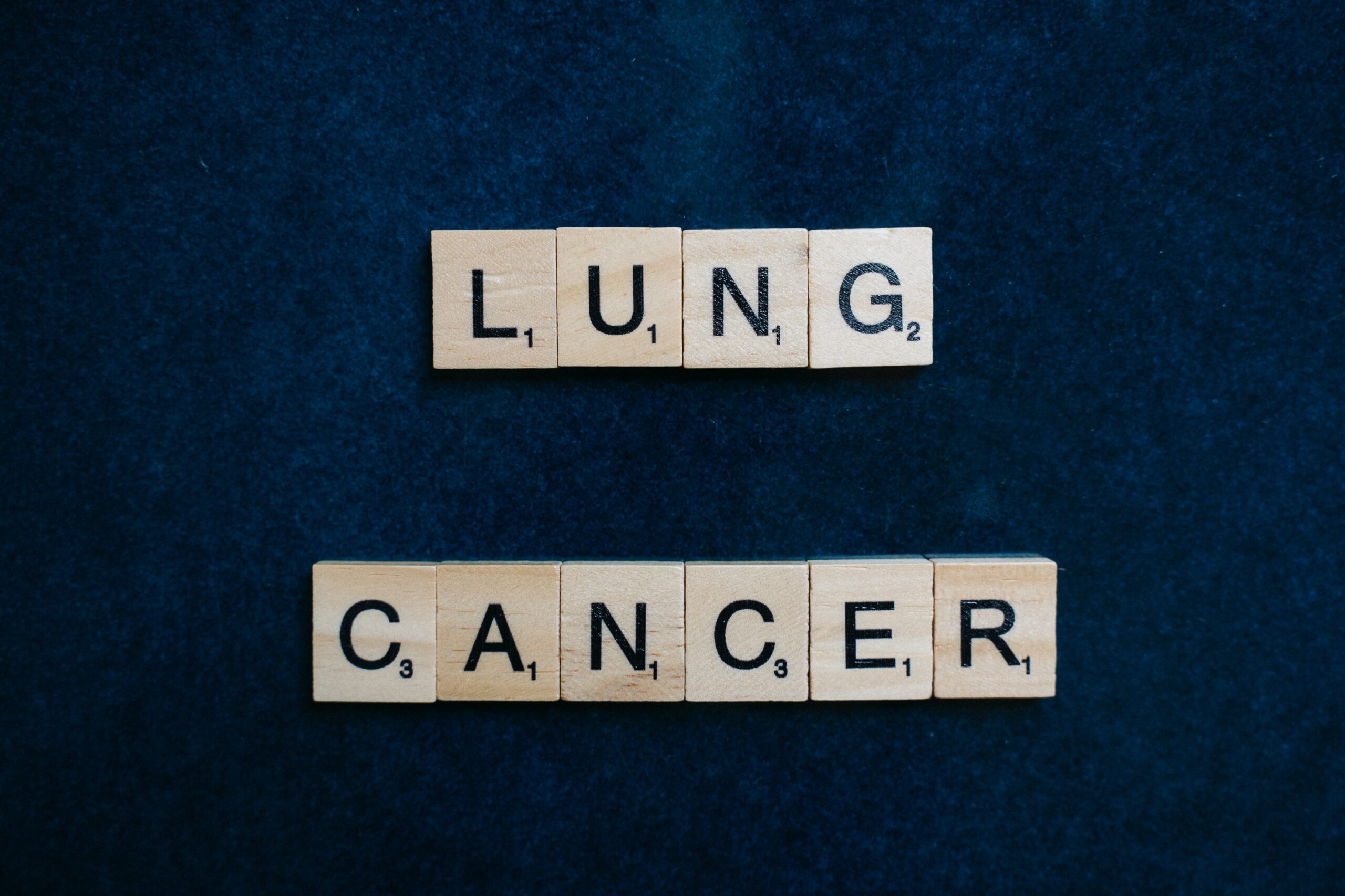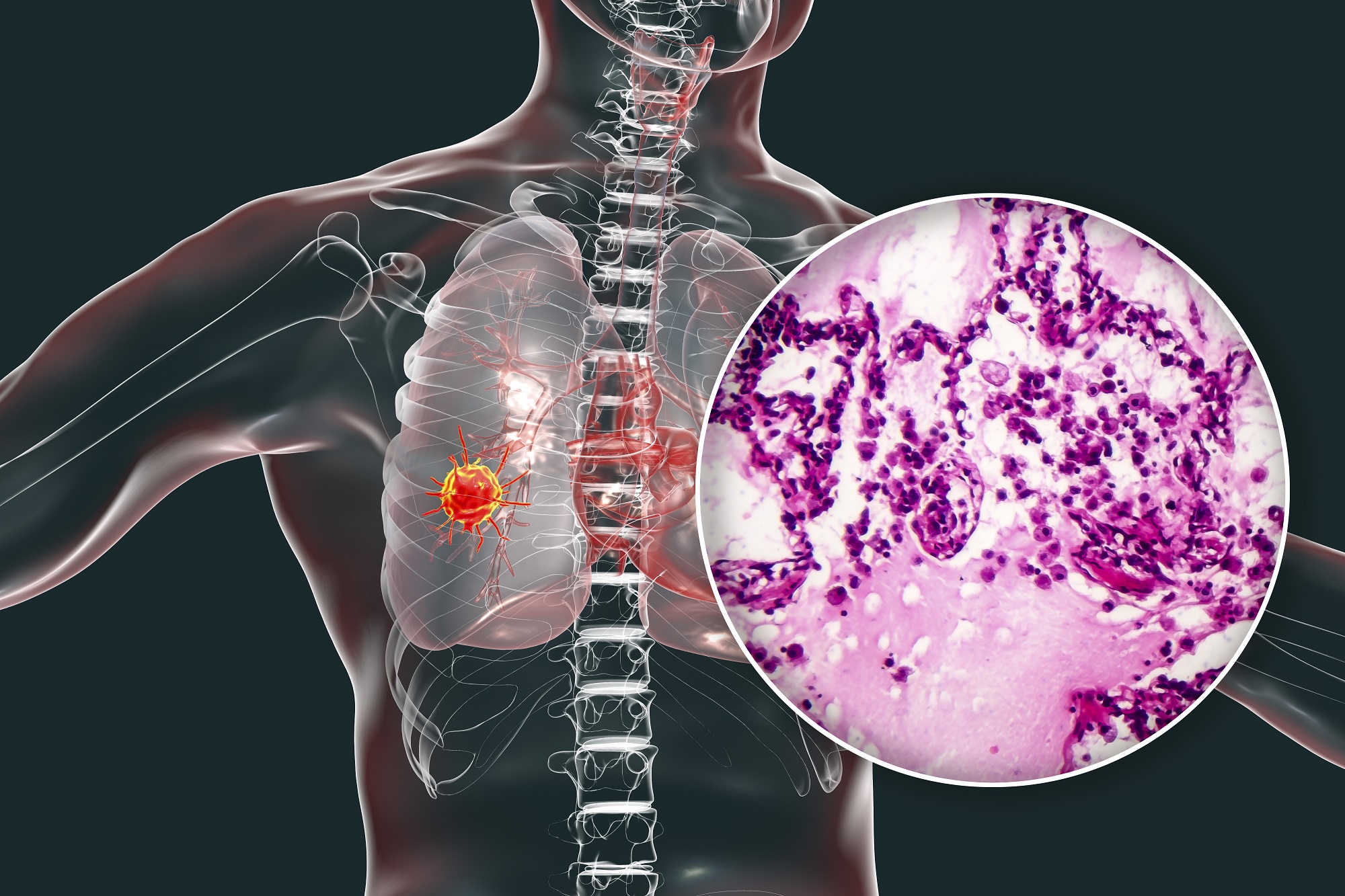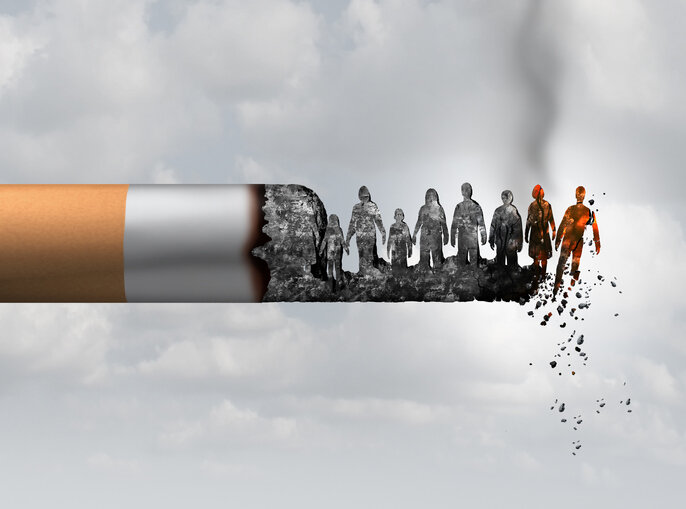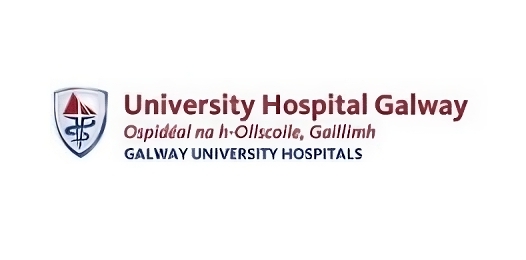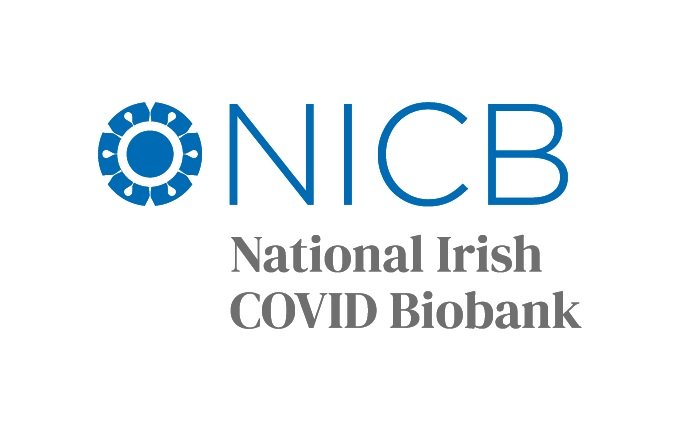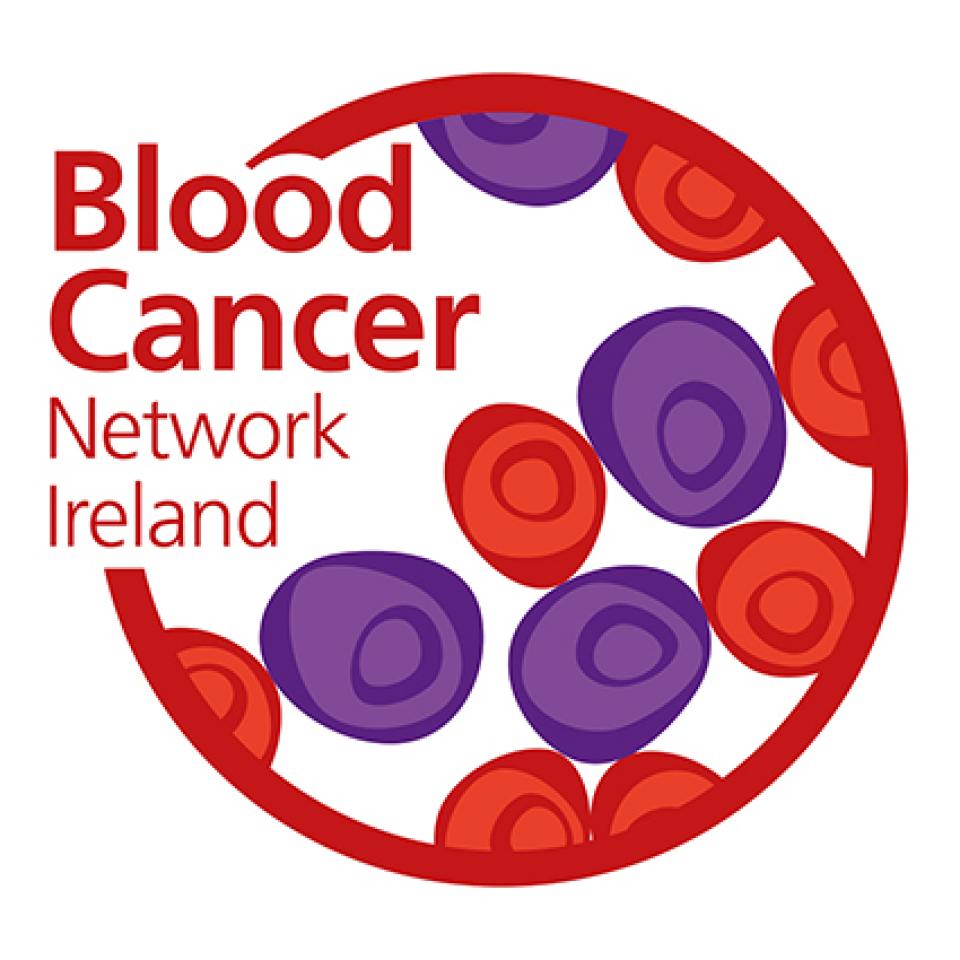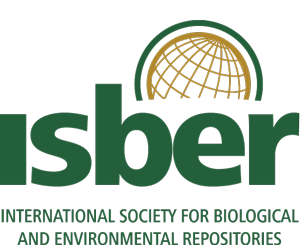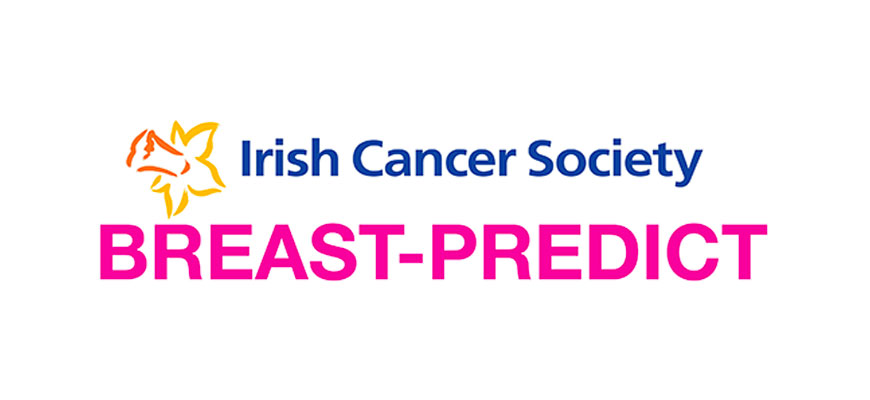Welcome to the Biobank Ireland Trust National Biobanking Symposium!
Biobank Ireland will host an inaugural Biobanking Symposium for patients and the public on Thursday, 24 th October 2024. The Symposium will take place in the Herbert Park Hotel, Dublin, and will be introduced and Chaired by Irish Broadcaster and Television host Aine Lawlor. This half day free event will be held on Thursday, October 24 th from 1:00pm to 5:00pm in The Herbert Park Hotel. The meeting features world-leading scientists and medical professionals including Alison Parry-Jones of the Wales Cancer Bank, Professor Michael Farrell of Royal College of Surgeons in Ireland, Professor John O’Leary of Trinity College Dublin, and Professor Colm Bergin of the National Irish Covid Biobank. Book Your Place Here
PATIENTS AND BIOBANKING, RESEARCH AND NEW TREATMENTS
Herbert Park Hotel, October 24 th , 2024, 1.00 – 5pm
1-1.30 Registration
1.30 Introduction by Chairperson Aine Lawlor, RTE
1.35 S Hynes GUH, UCHG – What is biobanking?
1.50 R Flavin SJH, TCD – What Biobank Ireland does
2.05 A Parry-Jones, Wales Cancer Bank – ISBER and Global Biobanking
2.25 O Gavan, Pfizer Healthcare Ireland – Biobanking for new medicines
2.40 E Mullin, EFL – The patient and public perspective
2.55 – 3.15 BREAK
3.15 Panel (L Burke, C Bergin, B Nagle, B Mee) and General Discussion
4.00 M Farrell, RCSI – Using Archival Samples in the Public Interest
4.20 JJ O’Leary, TCD – Biobanking: Essential Enabler of Medical Research
4.40 General Discussion and Questionnaire
4.55 E Gaffney, Biobank Ireland – Concluding Comments
